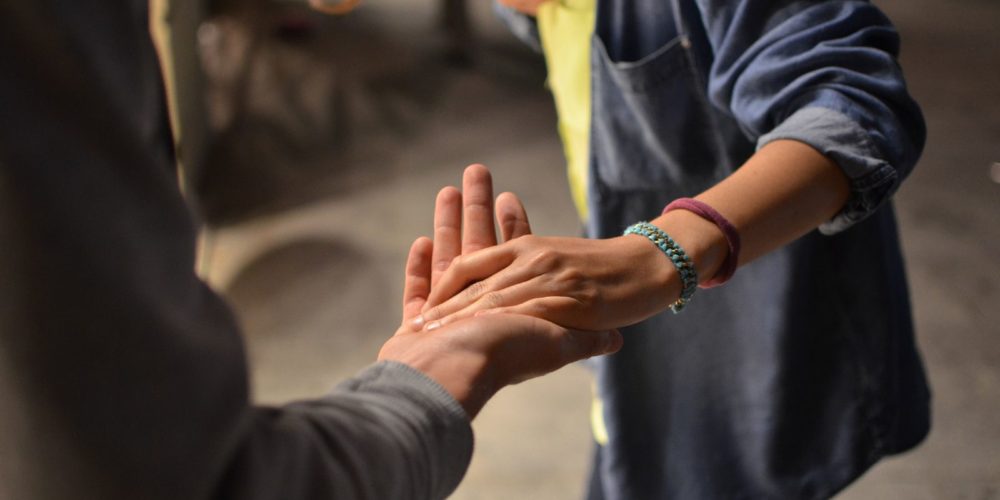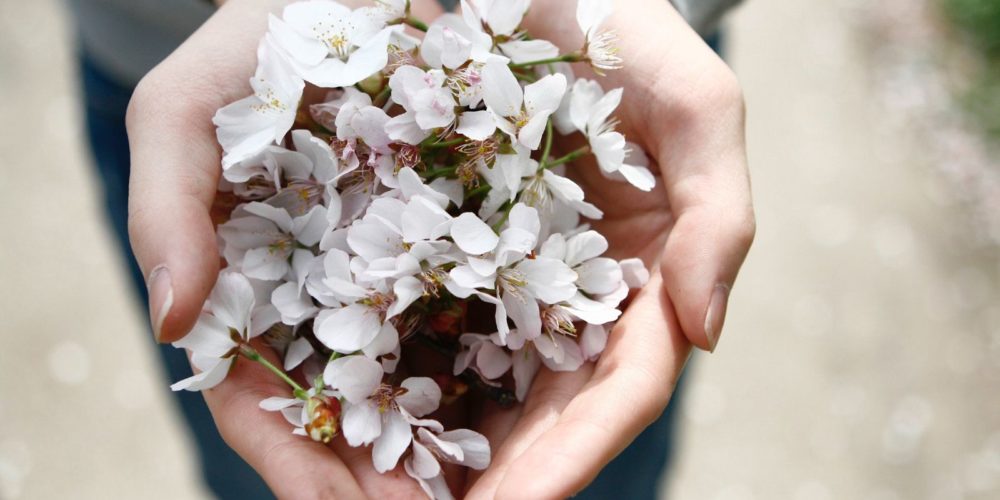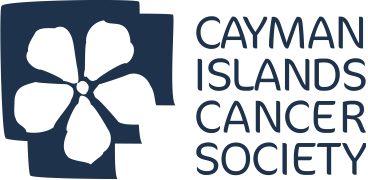The Cayman Islands Cancer Society
The CICS is a non-profit charitable organisation established in 1995. It receives no assistance from the government and is entirely reliant on donations which it receives from individuals and corporations.
The CICS uses those donations to help the community in several ways:
- The CICS provides those cancer patients with the greatest need for financial help with
aid and assistance by:- providing direct financial assistance to qualified cancer patients on a case by case basis. This can include payments for surgeries, treatments, airfare, accommodations or even food, utilities and rent. The CICS has seen a dramatic increase in recent years in the number of patients who require financial assistance.
- lending or renting equipment not available elsewhere on Island, such as hospital beds, wheelchairs, and walkers;
- providing free counseling and support groups to cancer patients and their families and friends;
- supplying prosthetic breasts and bras for women who have had breast cancer surgery and need financial assistance to get the undergarments they need;
- providing charity vouchers for
- mammograms
- pap tests
- prostrate exams
- mouth cancer screenings
- throat cancer screenings
- In partnership with the Health Services Authority, CICS supports large scale public
health initiatives. In particular, the CICS:- established a new, state-of-the-art Chemotherapy Unit where patients can comfortably receive chemotherapy treatment;
- took the lead on bringing the HPV cervical cancer vaccine to Cayman for both public and private sector physicians to help reduce the rate of cervical cancer in the next generation; and
- paid the salary of a full-time employee to establish a National Cancer Registry to provide accurate statistics about cancer in Cayman.
- The CICS also provides education and prevention programmes:
- to help raise awareness of cancer and educate the community on ways to prevent cancer through health fairs, continuing medical education presentations for allied medical professionals, and public presentations to churches, schools, community groups, etc.; and
- to promote early detection of both female and male cancers.



